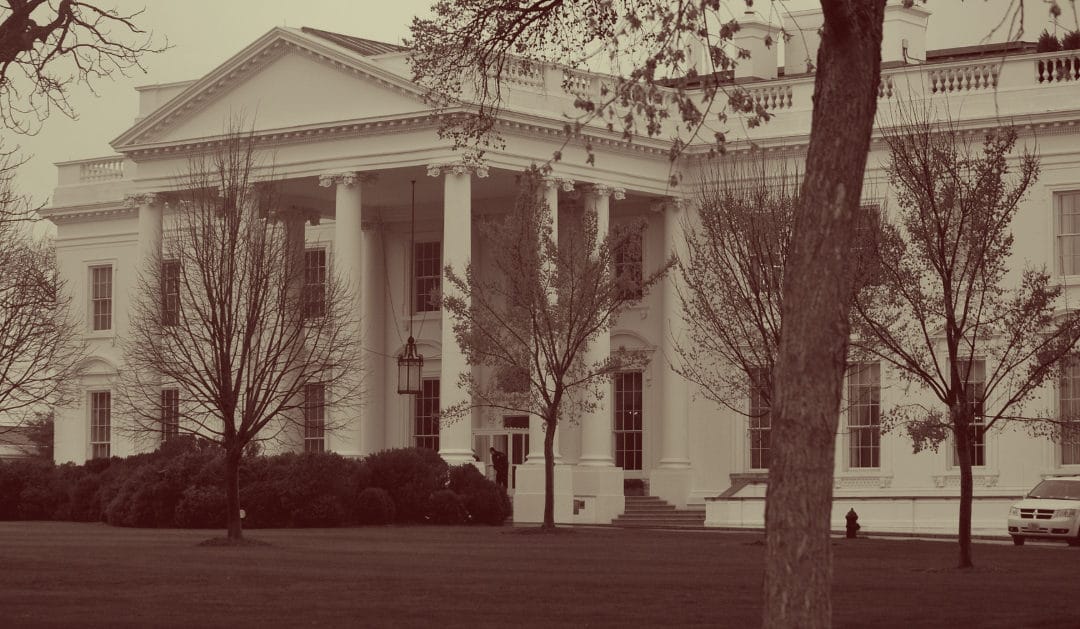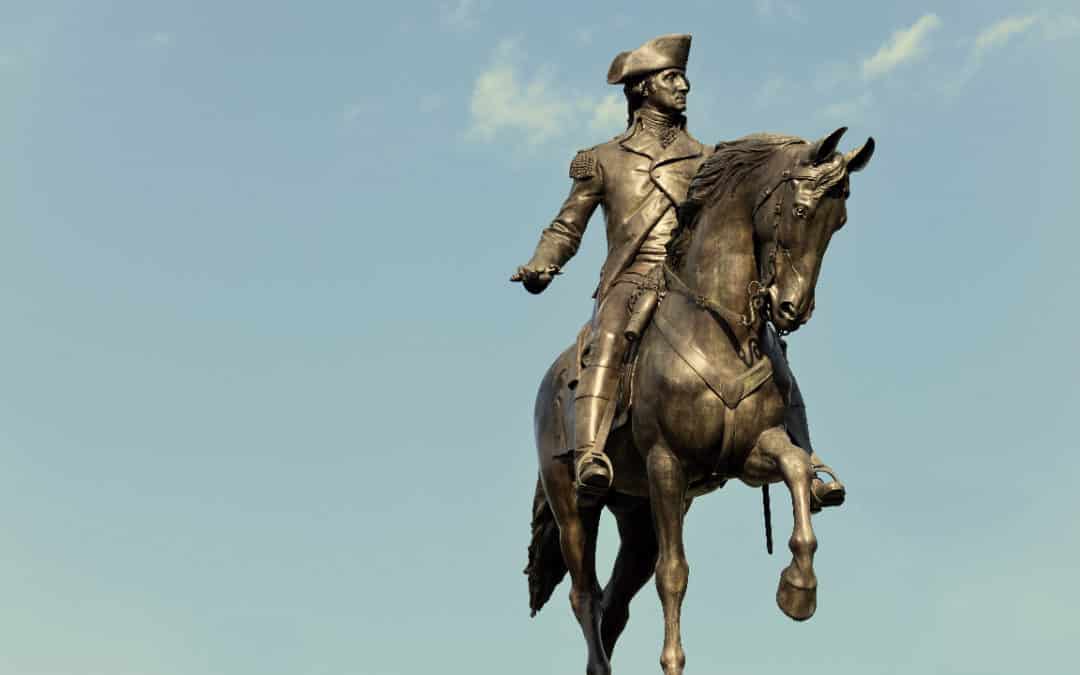

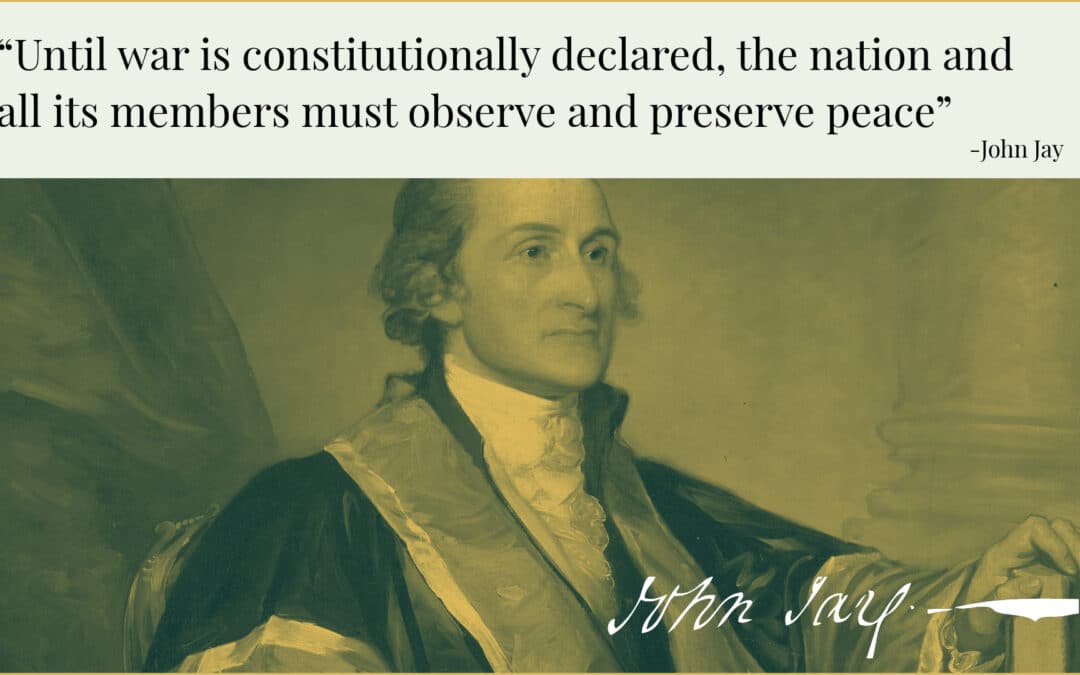
What The Constitution Means By “Declare War”
In the 2000 film Thirteen Days chronicling the Cuban Missile Crisis, John F. Kennedy tells General Taylor, “I’m the president of the United States, and I decide when we go to war.” That’s how presidents have done things for decades. The problem is, that’s not...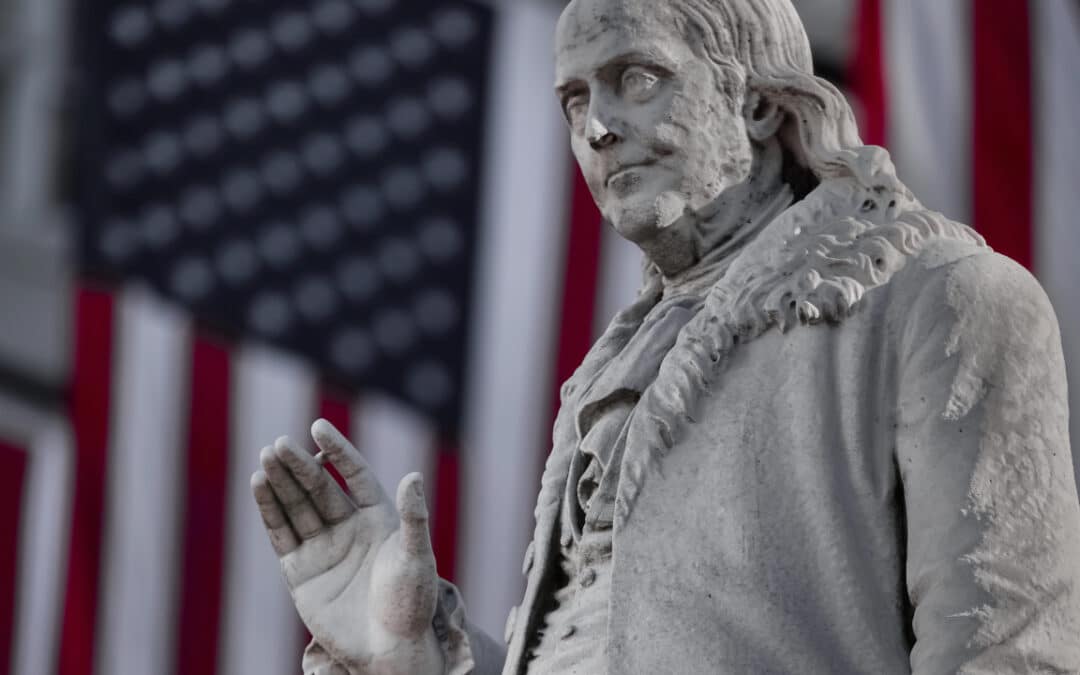
Benjamin Franklin Speech Exposes the Inherent Danger of Power and Money
On June 2, 1787, Benjamin Franklin delivered a speech at the Philadelphia Convention opposing a provision in the proposed Constitution to pay the president a salary. The speech reveals some important aspects of human nature that we should keep in mind today. Franklin...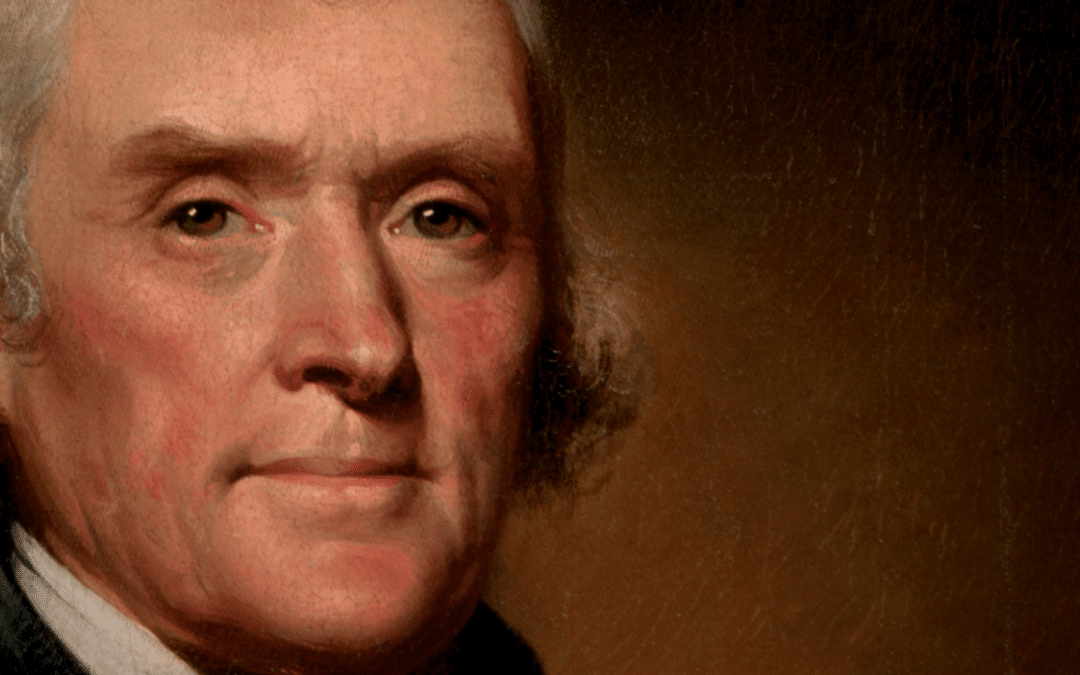
A Real Presidential Speech: Jefferson’s First Inaugural
If you’re like me – and absolutely couldn’t stomach the imperial speech from Joe Biden earlier this week – I’ve got a refreshing change of pace for you. Today in history – on March 4, 1801 – President Thomas Jefferson gave his...